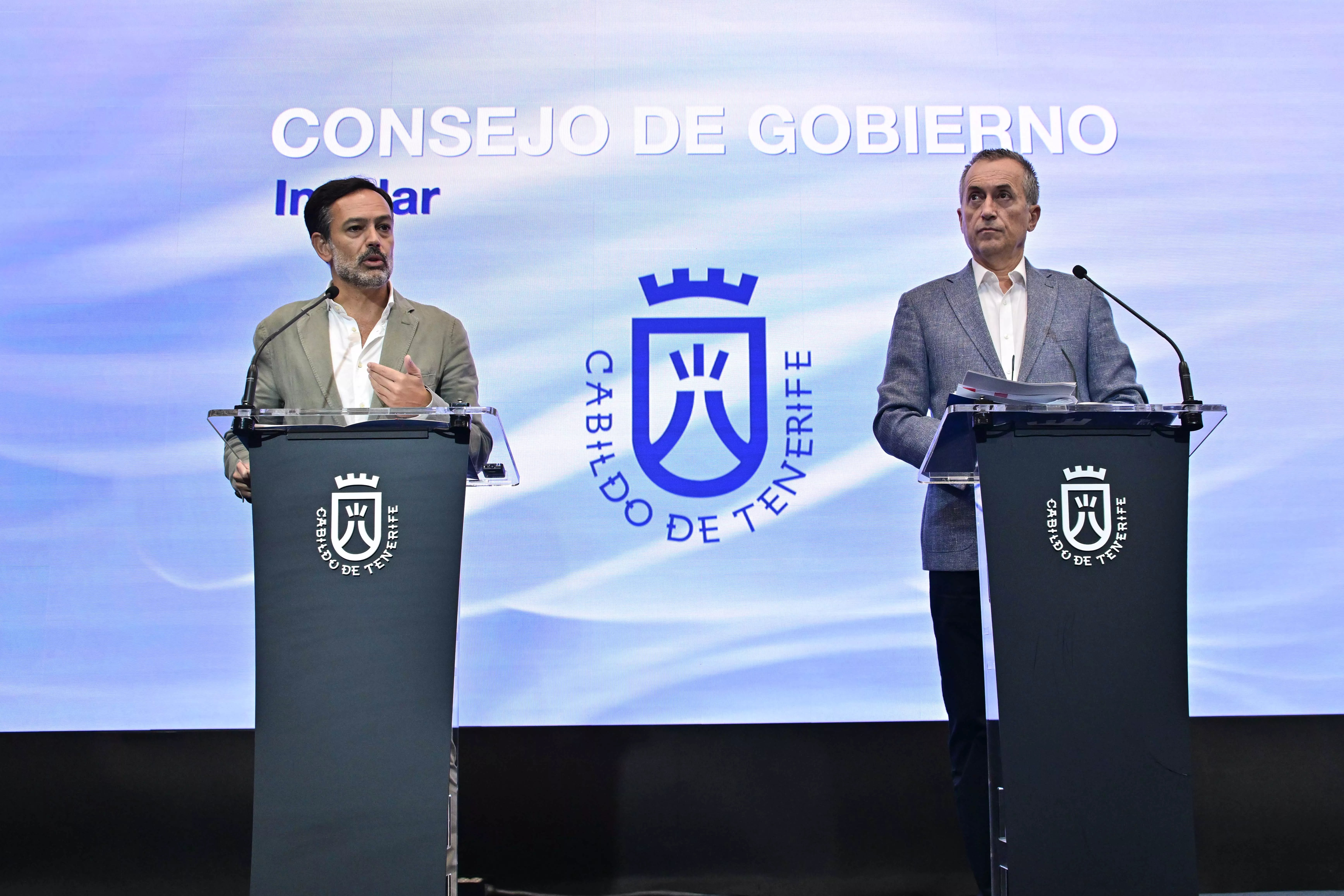The trailer for the second episode of the series has just been released Save Tenerifetitled “Tenerife: a polluted island”. This piece will speak in depth about the serious situation in which the island finds itself, due to the discharge of wastewater into the sea.
created by him Tenerife documentary filmmaker Felipe Ravinain this piece it is shown how, in Tenerifea total of 209 outfalls discharge, daily, more than 50 million liters of polluted water into the sea, affecting marine ecosystems and posing a threat to people’s health.
“I have been recording emissaries underwater for months to show people the seriousness of this problem that affects us all and that they have hidden from us for decades,” says Ravina. “Some of them are illegal and discharge untreated contaminated water, but surprisingly they are authorized by the Government of the Canary Islands” says the documentalist. I have not only sought to record the most spectacular images (in a bad way, in this case) that show this situation up close, but also to have the testimony of experts in the field who can explain the problem and propose solutions.
This trailer also talks about the well-known case of Daniel, a child who, after swallowing contaminated water on a beach in El Médano, suffered a stroke and was about to lose his life. “No one deserves to suffer this, much less a child,” said his father, the renowned windsurfer Daniel Bruch, in the interview that appears in the audiovisual piece.
And it has not been the only case. Another similar case recently occurred, also in El Médano. “Furthermore, ear, skin and stomach infections are becoming more frequent in surfers and swimmers in general,” says Jonathan González, from Tenerife and European champion of the World Surf League, who is also part of this episode.
The Delegate Prosecutor for the Environment in the province of Santa Cruz de Tenerife is also part of this audiovisual piece, stating that “the situation is not only not improving, but it is getting worse.” Shortly after, she tells the story of how she had to take one of her daughters to the emergency room after having bathed on a beach on the island.
For his part, Juan Rumeu, president of the Canary Islands Business Association of Environmental Consultants, criticizes that “the money spent on sewage treatment plants is published because it is good for politicians for their campaign, but they are not really putting the necessary means to avoid that the waters stop being polluted and people get sick on the beaches”.
This episode will be available soon on the Youtube channel “Especies de Canarias”, where the first episode of the series and the complete documentary are also found, which recently won the “Goya for underwater documentaries” in the International Underwater Film Series from Donostia.
















